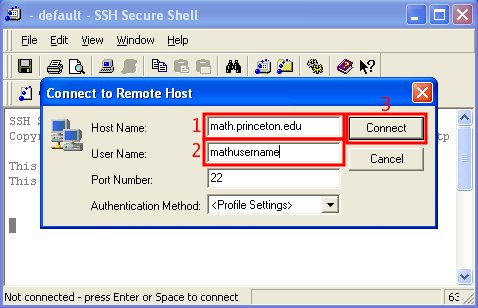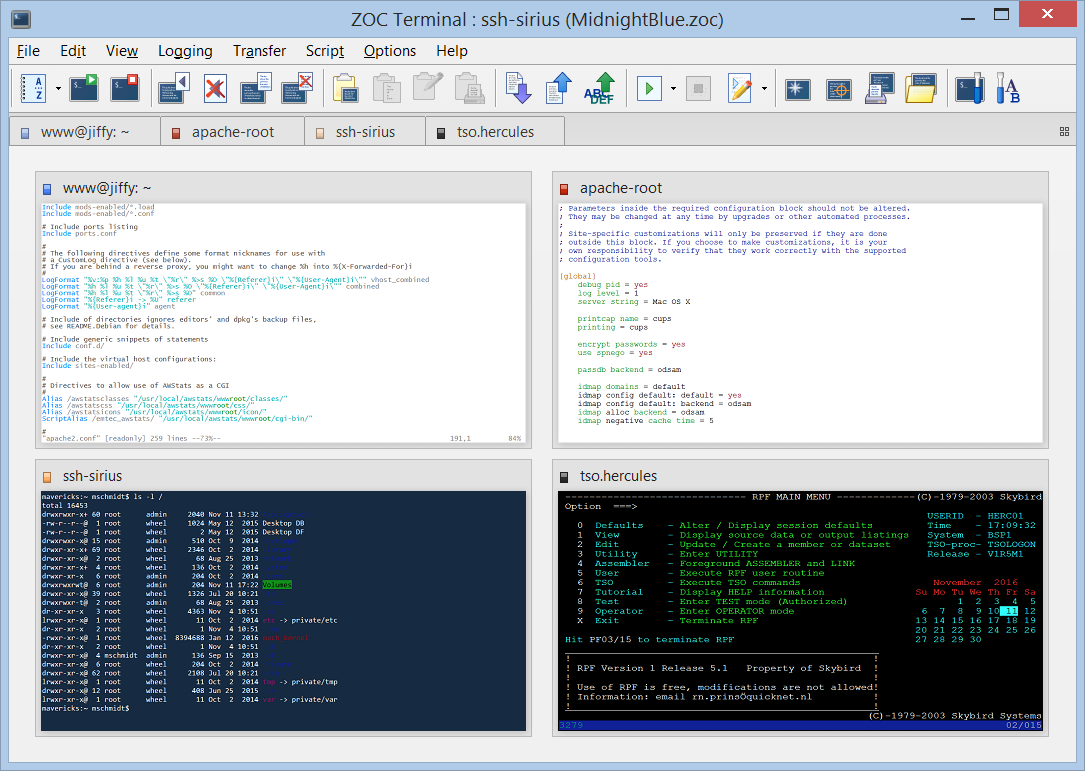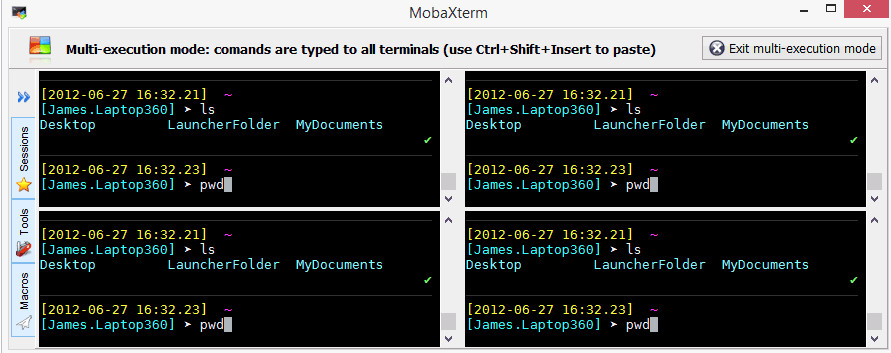

- F SECURE SSH CLIENT FREE DOWNLOAD FOR WINDOWS INSTALL
- F SECURE SSH CLIENT FREE DOWNLOAD FOR WINDOWS PASSWORD
You can obtain your free copy of SSH For Workstations from the CS web server by pointing your browser to. If your having problems installing ssh please take a look at the FAQ. It will be enough to copy the ssh and scp (more on this below!) binaries into a directory somewhere in your PATH.
F SECURE SSH CLIENT FREE DOWNLOAD FOR WINDOWS INSTALL
Note that this distribution will build the server as well as the client, and unless you want the server, it won't be necessary to do the "make install" as the INSTALL file suggests. After uncompressing and untarring the distribution package (zcat openssh-4.4.tar.gz | tar -xvf -), the INSTALL file in the newly-created directory should help you build the binaries for your system. Note that you want the tar.gz file from the site. In the above download site, the complete URL would be: You will want a tarball, and openssh-4.4 is the latest as of this writing. While you can get it directly from their anonymous FTP site, a mirror site is suggested. Unix variants: OpenSSH can be down-loaded from. The CS department uses OpenSSHserver software.
F SECURE SSH CLIENT FREE DOWNLOAD FOR WINDOWS PASSWORD
SSH helps protect against packet spoofing, IP/host spoofing, password sniffing, and eavesdropping. Named for Secure SHell, it encapsulates an entire session from the initial login onward, with encryption methods that are, for all practical purposes, unbreakable. The easiest way to prevent these attacks is to encrypt the packets so they are unintelligible to all but the client and the host, and one way this is done is via ssh. These passwords, along with the user names, are gathered with a program popularly known as a packet-sniffer, and the new information can be used to gain access to our systems, generally resulting in malicious activity (although usually restricted to the user in question). Telnet is particularly bad, most notably for the passwords that are typed as the user initiates the session.

Most protocols don't have any encryption, and any packets sent from the client to the host are out there for anyone in-between to intercept and read. Most of these attacks come from people who were able to learn the password of an account of a local user, usually by "sniffing" it right from the network. We as system administration staff here in the CS department of Princeton are having to deal with break-ins, both attempted and successful, and compromised accounts. The need for security, as we hardly need reminding, is ever-increasing. Newer SSH clients (OpenSSH 6.8 or later) will use the SHA256 fingerprint: SHA256:9yBBea9Z0ER6asvvtNf6fRXVra6LOQ3OVZLtYKVpNc8. Some older SSH clients may display the new fingerprint as: xepon-kibyl-bogur-palik-zyvar-lesuc-rikof-zusab-hypib-volyh-muxux. On February 1, 2016, CS Department login hosts switched to using RSA type SSH host keys.

Linux Machines used for CPU intensive jobs: Authenticated FTP to CS managed machines is not available.Īll of the public login servers allow ssh access and below you will find a list of machines that accept connections: The primary advantage of SSH over other protocols is that SSH encrypts all communications, whereas with FTP all transmissions (including logins) are submitted in plain text. Secure Shell (SSH) is a protocol that supports terminal sessions and file transfer (like FTP).


 0 kommentar(er)
0 kommentar(er)
